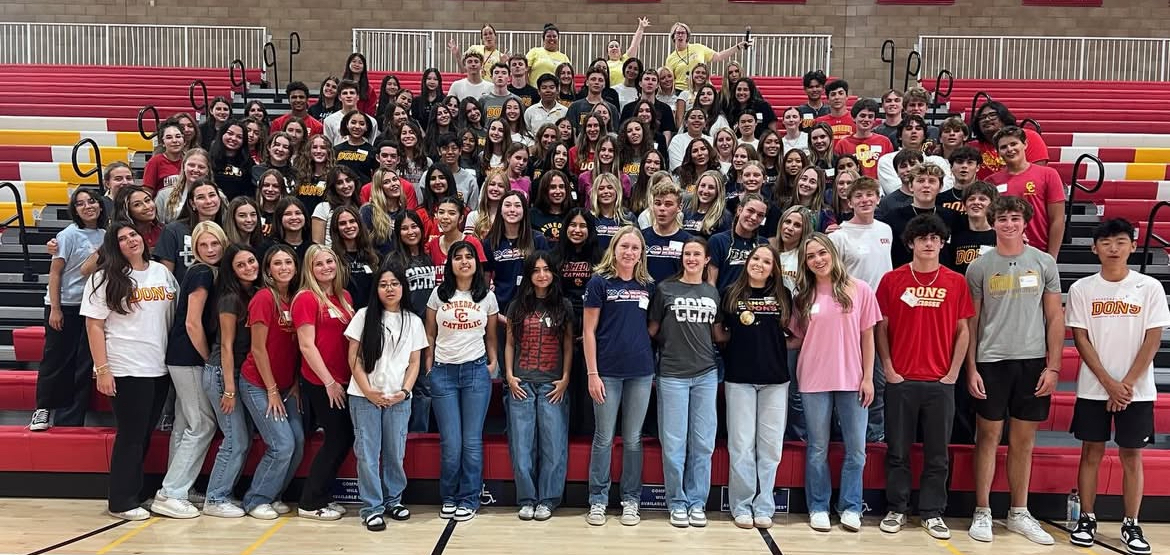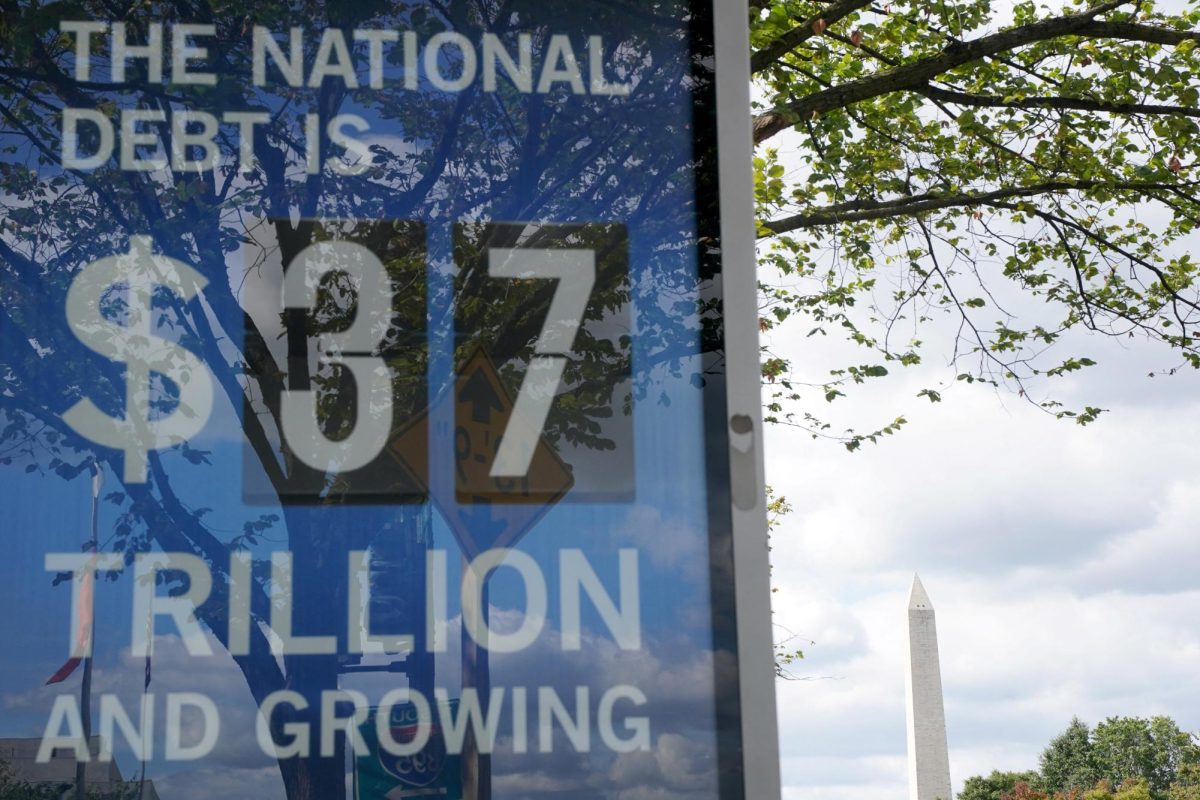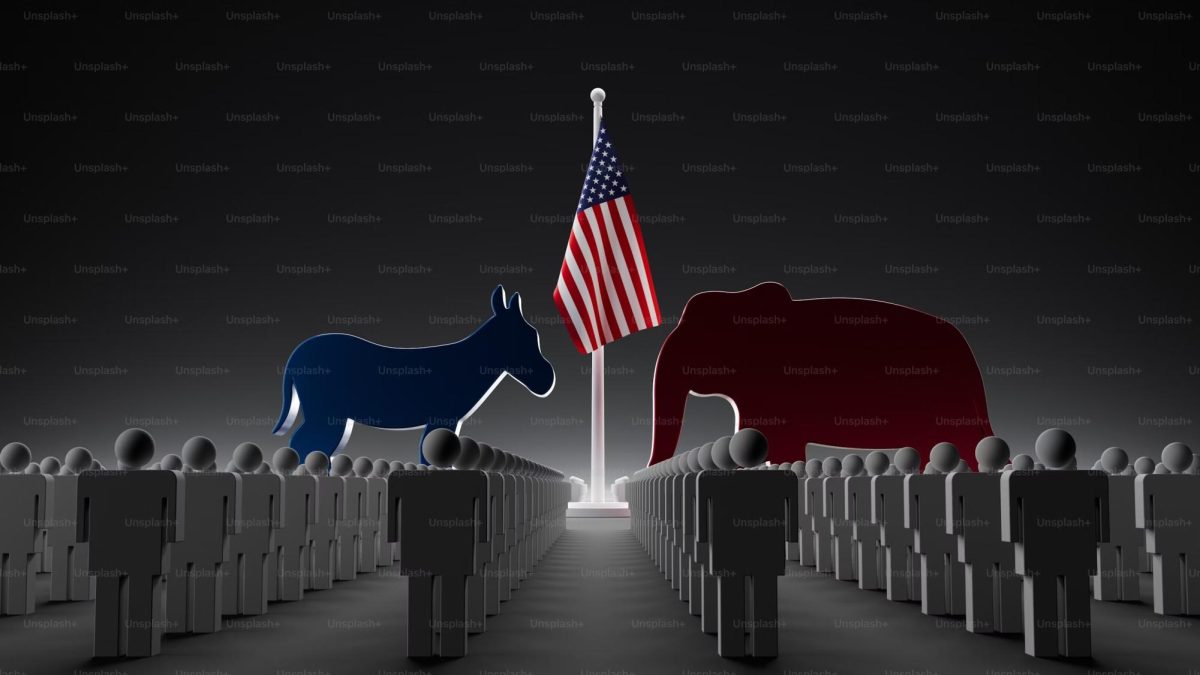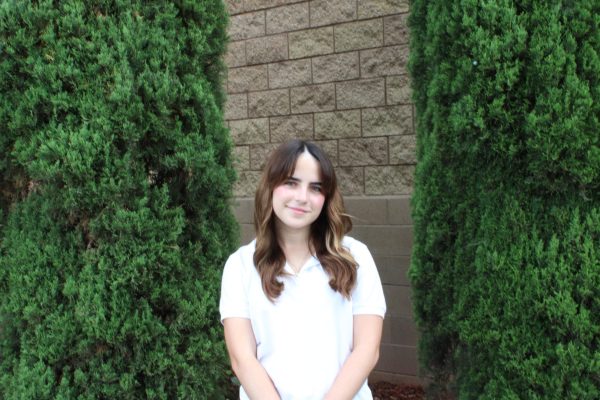On Tuesday, September 10th, Vice President Kamala Harris and former President Donald Trump took the stage at the National Constitution Center in Philadelphia for their first presidential debate. David Muir, “World News Tonight” anchor, and Lindsey Davis, ABC News Live “Prime” anchor, moderated.
Following President Joe Biden’s announcement on July 21st that he would withdraw from the presidential race, Democrats rapidly rallied behind Harris, Biden’s apparent successor. This debate was the candidates’ first in-person meeting, making the event especially historic.
The debate was particularly heated, matching with the controversial election. Below is a summary of the most significant voter concerns covered. A transcript is available on ABC News.
- Economy: Harris promised an “opportunity economy” uplifting middle-class Americans, with tax cuts for families and deductions for small businesses. Trump said that he would cut taxes substantially and “create a great economy like [he] did before”. Both candidates condemned the other’s role in inflation.
- Abortion: Harris attacked Trump’s role in the overturning of Roe v. Wade, and stated that she would restore these protections. Trump criticized the left’s supposed support of abortion in its late stages but said that he supported exceptions in cases of rape, incest, and the endangered life of the mother.
- Immigration: Harris condemned Trump for stopping a border security bill: “[H]e preferred to run on a problem instead of fixing a problem,” she criticized. Trump attacked the Biden administration for allowing “millions of people to come into our country,” reinforcing a plan to deport these undocumented immigrants using local and federal law enforcement.
- Israel-Hamas war: Harris stressed the necessity of a ceasefire, adding, “I will always give Israel the ability to defend itself… But we must have a two-state solution… where the Palestinians have security, self-determination, and the dignity they so rightly deserve.” Trump said he “will get [the Middle East conflict] settled and fast.” He stated that Harris “hates Israel,” which Harris contradicted, criticizing Trump’s foreign policy and association with dictators like Vladimir Putin and Kim Jong-un.
- Russia-Ukraine war: Trump did not state whether he thought it was in the U.S.’ best interests for Ukraine to win. “I think it’s in the U.S.’ best interest to get this war finished and… negotiate a deal,” he declared. Harris claimed that Trump’s administration would allow Russia to take over Ukraine, stressing the idea that she would fight for Ukrainian and other European countries’ independence. Trump contradicted this.
- Healthcare: Trump said he wanted to come up with something to replace Obamacare, stating that he tried to save Obamacare rather than “letting it rot.” Harris noted that she would continue to “maintain and grow the Affordable Care Act.”
- Climate change: Harris attacked Trump for disregarding its presence and consequences. She discussed her administration’s investment in clean energy and manufacturing jobs. Trump attacked the Biden administration for losing some manufacturing jobs, then pivoted to discuss foreign relations instead.
Though the debate was informative, both candidates shared misleading statements. Significantly, Trump used unconfirmed and inflammatory reports in his discussion of immigration, falsely attacked Harris for supposedly failing to negotiate peace between Russia and Ukraine, claimed that Democrats supported abortion “even after birth,” cited fraud as the cause of his loss in 2020, and exaggerated many of Harris’ policies.
Harris, as well, made exaggerated claims about the struggles with the economy during the Trump administration, claimed that Trump intended to “sign a national abortion ban,” and tried to tie Trump to Project 2025. FactCheck details the candidates’ false statements.
Currently, most polls show Harris leading by a margin of 4%, on average. As reported by 270toWin, Harris and Trump have both secured significant electoral votes, with several toss-up states remaining.
The deadline to register to vote in California is Monday, October 21st. At the time of publishing, Election Day is just over a month away, on Tuesday, November 5th.
Both candidates’ bases of supporters praised their performance during the debate. However, many viewers were also concerned about the questions that the candidates deflected. Lilly O’Shaughnessy ‘25, a Cathedral student viewing the debate, shared that it “did highlight issues that [she] didn’t really think about before.”However, Lilly also acknowledged “that it left some unanswered questions [when] the questions asked weren’t actually answered.”
Mr. Bobrinskoy, a Political Science teacher at Cathedral, reflects on and shares how to interpret the debate in the wake of the upcoming election. “Candidates won’t really tell you directly how they feel,” he explains. “They’ll tell you what they think has been shown to work best among focus groups.”
He encourages viewers to learn about prospective candidates from their roles in the past, rather than just their policy proposals and campaign statements: “That gives a better indicator of, number one, what can they accomplish, and number two, what do they actually believe? … Not that [they] can’t accomplish those things, but it gives you a better sense of what [they] would do.”






















































